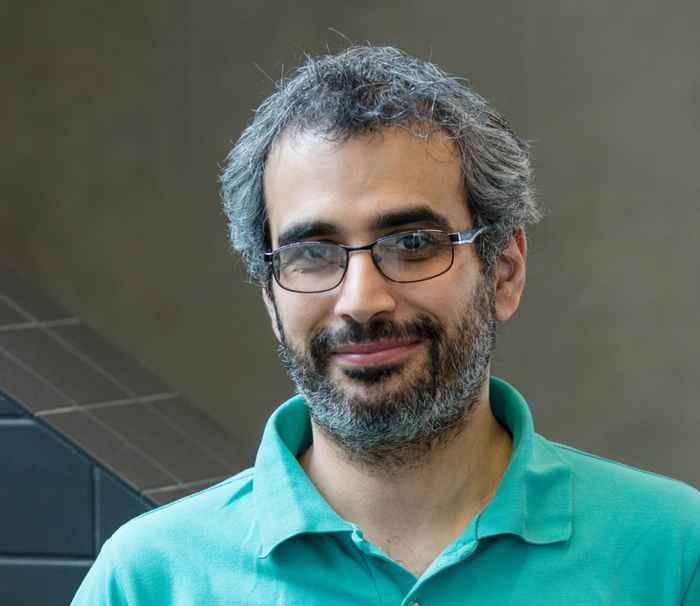Analytical scientist Saer Samanipour appointed as assistant professor "Intelligent Interpretation of Spectral Data"
21 April 2020

With his research team to be established, Saer Samanipour will focus on the application of advanced statistical tools (including AI and machine learning), signal processing, and high-resolution mass spectrometry (HRMS) for the analysis of complex samples from different sources (from environmental to biological). This work will be part of the research group Analytical Chemistry at the Van 't Hoff Institute for Molecular Sciences (HIMS) and the Centre for Analytical Sciences Amsterdam (CASA).
Samanipour has been appointed within the framework of the Connecting Science program of the UvA Faculty of Science, funded by the national Sector plan for Chemistry, Computer science, Mathematics and Physics. It is a major recruitment effort to attract top talent from all over the world to a large number of newly created faculty positions in a wide range of scientific directions. Adding to this, the program aims to create synergy through connecting disciplines, to strengthen academic collaboration with partners, and to create an environment where co-creation with public and private partners can flourish.
Advanced analytical tools
Saer Samanipour studied chemistry at the University of Camerino, Italy. He obtained his PhD from the Swiss Federal Institute of Technology Lausanne (EPFL) in 2015, where his thesis focused on understanding the fate and behaviour of hydrophobic organic pollutants in different compartments of Lake Geneva, Switzerland. This project was his introduction to the application of advanced analytical tools, including hardware (e.g. GCxGC) and chemometrics, for answering challenging scientific questions.
Over the past years, Samanipour has worked as a research scientist at the Norwegian Institute for Water Research (NIVA) developing a variety of analytical tools for resolving unresolved complex mixtures. Moreover, he worked on a broad portfolio of projects employing the combination of HRMS and statistics, funded publicly (e.g. Norwegian EPA and EU Commission) as well as privately (e.g. oil industry, instrument vendors, drinking water sector). In 2017, he was awarded a mobility grant by the Norwegian Research Council (RCN) to visit the Queensland Alliance for Environmental Health Sciences (QAEHS) at the University of Queensland, Australia, which consequently granted him an honorary research fellowship.